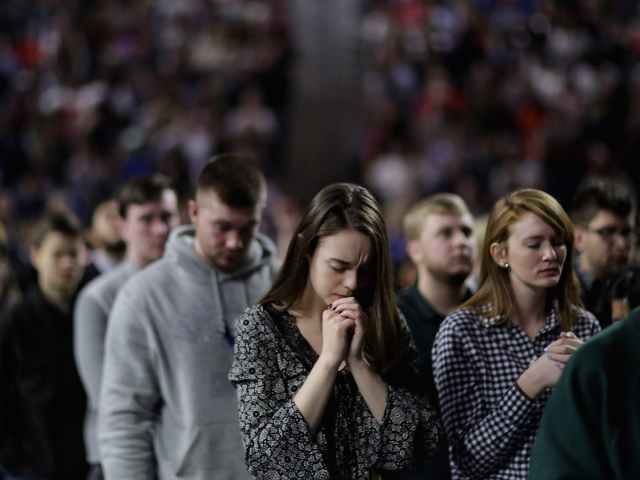Christian students have won a legal challenge against the University of Iowa after school administrators banned the Business Leaders in Christ (BLinC) student group from campus for requiring its student leaders to affirm the Christian faith.
A federal appeals court has ruled that university officials who kicked BLinC off campus because of its faith can be held personally accountable for the harm they caused, according to a press release from Becket Law, a non-profit public interest law firm that defends religious expression.
Becket Law says that the university had claimed the Christian student group was in violation of its nondiscrimination policy, despite allowing other religious groups to select faith-compliant leaders, and even encouraging other groups — such as fraternities and sororities — to select leaders based on other characteristics covered by its nondiscrimination policy.
On Monday, the U.S. Court of Appeals for the Eighth Circuit recognized that selective enforcement of the school’s policy is discrimination that violates the First Amendment, stating, “administrators at the University of Iowa discriminated against religious student groups.”
“To satisfy the Free Exercise Clause of the First Amendment, a law or policy must be both neutral and generally applicable,” the court wrote in its ruling. “A policy is not generally applicable if it is underinclusive — in other words, if exemptions are made for secular but not religious reasons.”
In a partial concurrence/partial dissent, Judge Kobes stated:
The law is clear: state organizations may not target religious groups for differential treatment or withhold an otherwise available benefit solely because they are religious. That is what happened here. The individual defendants may pick their poison: they are either plainly incompetent or they knowingly violated the Constitution. Either way, they should not get qualified immunity.
In 2017, university officials had subjected BLinC to an investigation and ultimately demanded that it “revise” its leadership criteria after a student complained about being denied a leadership position.
BLinC welcomes all students as members, but the club requires its leaders agree with its faith. The university ended up stripping BLinC of its official status on campus, telling the group that their leadership selection was discriminatory, notes the press release by Becket Law.
Meanwhile, other clubs on campus were allowed to set their own criteria for leaders, the press release adds.
Becket Law went on to say that “after a federal judge warned the university about its double standards, university officials went on a deregistering spree to cover their tracks, ultimately kicking other Christian, Sikh, and Muslim student groups off campus for reserving leadership positions for students who shared their faith.”
Last year, a lower court ruled that the discrimination against BLinC was illegal, and that the university had to allow BLinC back on campus.
The Eighth Circuit’s decision affirms that ruling, and holds the school administrators personally responsible for their discriminatory application of the university’s nondiscrimination policy.
“It’s deeply ironic that school officials tried using the University’s nondiscrimination policy to discriminate against religion,” said Eric Baxter, vice president and senior counsel at Becket Law.
“They knew this was wrong, yet did it anyway,” Baxter added. “We’re pleased the court has recognized that such blatant religious discrimination brings personal consequences.”
You can follow Alana Mastrangelo on Facebook and Twitter at @ARmastrangelo, on Parler @alana, and on Instagram.

COMMENTS
Please let us know if you're having issues with commenting.